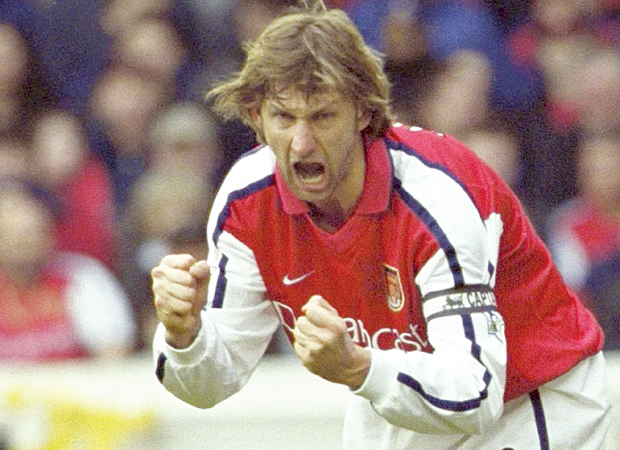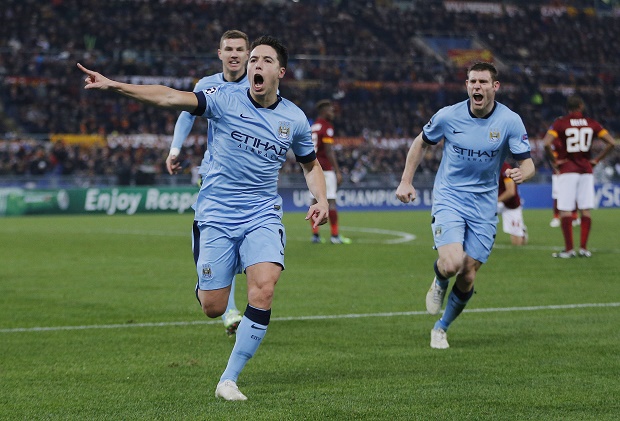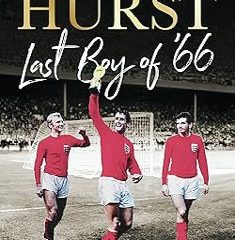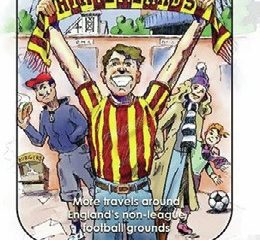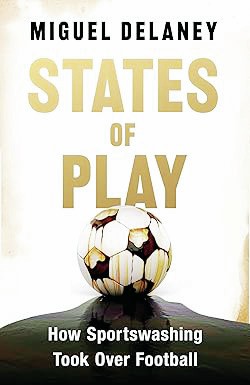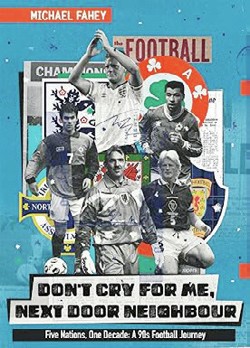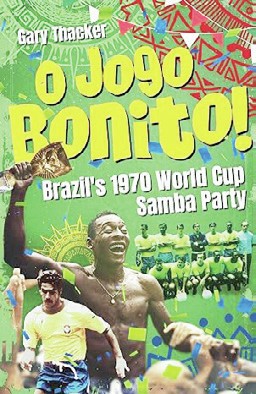
O Jogo Bonito! Brazil’s 1970 World Cup Samba Party, by Gary Thacker, published by Pitch Publishing, Price: £18.99
GARY Thacker’s latest book is the story of probably the greatest football team in the history of the World Cup. ‘O Jogo Bonito’ is Portuguese for ‘the beautiful game’ and the Brazilian World Cup winning team of 1970 truly defined the phrase.
It featured the incomparable skills of Pele, Rivellino, Gerson, Jairz-inho and Tostao. It was their third success in four tournaments and meant that the Jules Rimet Trophy would for evermore be the property of Brazil.
The narrative picks up pace when the Brazilians arrive in Mexico. Zagallo claimed that Brazil would be the first team to arrive (one month before the tournament started) and the last team to leave.
It was the first World Cup shown on colour television and to a worldwide audience.

Despite the heat and altitude locations, the 1970 finals produced an abundance of attacking football and an average of 2.97 goals per match.
Brazil progressed through the group stages overcoming Romania, Czechoslovakia and reigning champions England before beating Peru in the quarter-final and old rivals Uruguay in the semi-final.
Brazil’s Samba party reached new levels when they reached the final against Italy.
Thacker comments: “The Samba rhythm, the regular accompaniment for the team on the way to the game, helped ease the tension. They played a pagoda (a celebratory Samba), not out of overconfidence, but fuelled by a belief that it would be their day and helped to keep the positivity topped up. All the players were involved. Jairzinho was on the drum, Gerson on the tambourine and Pele shook the maracas…. The party were all in tune, bound together by the Samba.’’
The first half of the final was an even affair with Pele’s majestic header giving Brazil the lead but a mistake by Clodoaldo allowed Roberto Boninsegna to equalise. It was 1-1 at half-time but the second half was a more one-sided affair with Brazil having a much sharper cutting edge.
Gerson dominated a lot of the midfield play and this was to prove crucial for the Brazilians. Thacker states: “Gerson was like a ringmaster, standing centre stage, inviting colleagues to perform in turn as he passed them the ball, a karaoke organiser handing around the microphone, and demanding, ‘Now Sing!’. Always available, always in control, never hurried.”
Gerson scored a stunning goal that turned the game in Brazil’s favour. Jairzin-ho added a third from Pele’s cross and the Samba-style football was in full flow when captain Carlos Alberto scored probably the greatest goal in World Cup history involving ten Brazilian players.
Thacker’s book provides plenty of new insights and makes use of many important sources to re-examine arguably the greatest World Cup won by the greatest team.
Ian Aspinall
Rating out of 10: 8


Book Reviews
Book Review: Chris Towers finds right mix

Book Reviews
Book Review: Sir Geoff Hurst hits net
